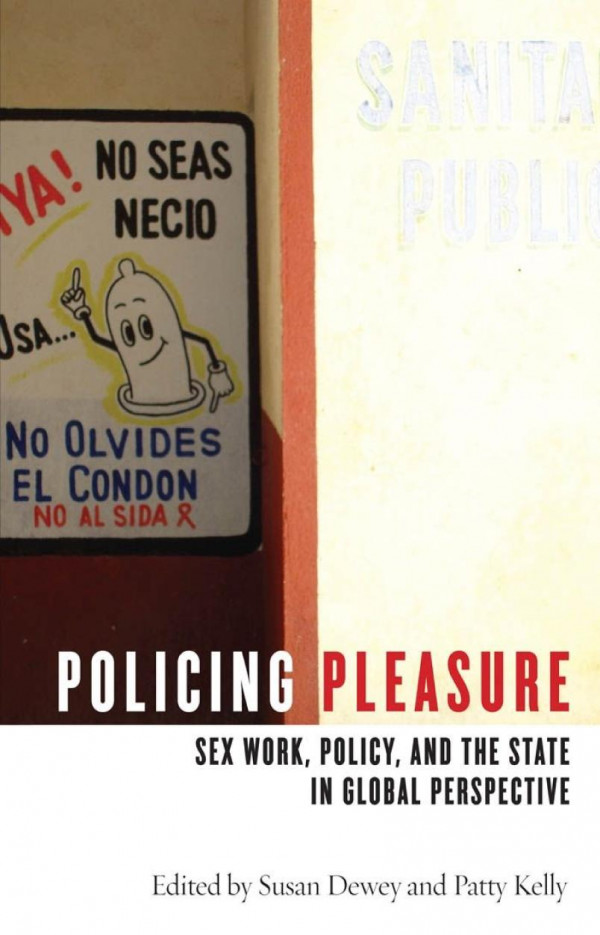

Most ebook files are in PDF format, so you can easily read them using various software such as Foxit Reader or directly on the Google Chrome browser.
Some ebook files are released by publishers in other formats such as .awz, .mobi, .epub, .fb2, etc. You may need to install specific software to read these formats on mobile/PC, such as Calibre.
Please read the tutorial at this link: https://ebookbell.com/faq
We offer FREE conversion to the popular formats you request; however, this may take some time. Therefore, right after payment, please email us, and we will try to provide the service as quickly as possible.
For some exceptional file formats or broken links (if any), please refrain from opening any disputes. Instead, email us first, and we will try to assist within a maximum of 6 hours.
EbookBell Team

0.0
0 reviewsMónica waits in the Anti-Venereal Medical Service of the Zona Galactica, the legal, state-run brothel where she works in Tuxtla Gutiérrez, Mexico. Surrounded by other sex workers, she clutches the Sanitary Control Cards that deem her registered with the city, disease-free, and able to work. On the other side of the world, Min stands singing karaoke with one of her regular clients, warily eyeing the door lest a raid by the anti-trafficking Public Security Bureau disrupt their evening by placing one or both of them in jail.
Whether in Mexico or China, sex work-related public policy varies considerably from one community to the next. A range of policies dictate what is permissible, many of them intending to keep sex workers themselves healthy and free from harm. Yet often, policies with particular goals end up having completely different consequences.
Policing Pleasure examines cross-cultural public policies related to sex work, bringing together ethnographic studies from around the world—from South Africa to India—to offer a nuanced critique of national and municipal approaches to regulating sex work. Contributors offer new theoretical and methodological perspectives that move beyond already well-established debates between “abolitionists” and “sex workers’ rights advocates” to document both the intention of public policies on sex work and their actual impact upon those who sell sex, those who buy sex, and public health more generally.